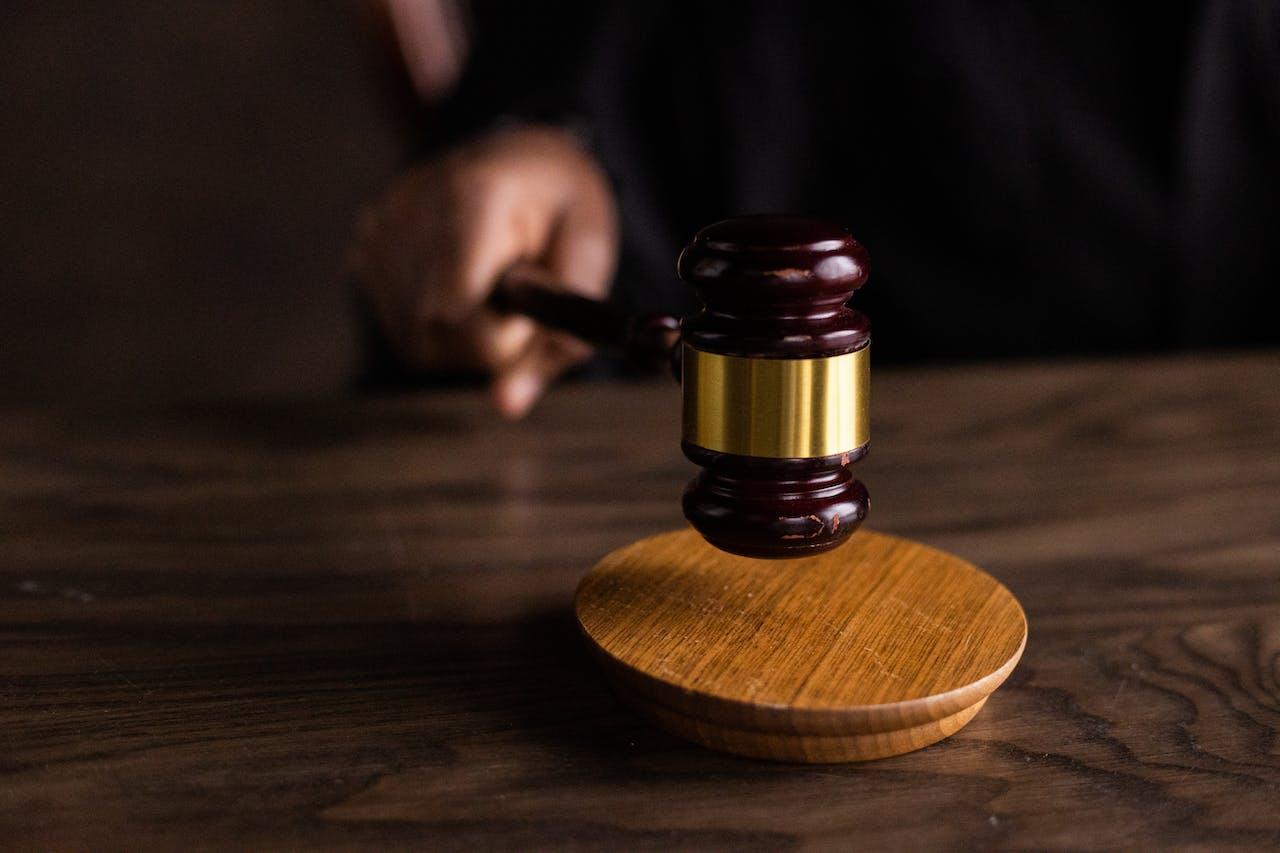Whether a trust or last will and testament (“will”) is better for you is dependent on your assets, circumstances, and personal goals. Every person is different and therefore every estate plan should be tailored to the individual.
What is a Last Will and Testament?
A will is a legal document dictating how your personal items and monetary assets should be distributed at death. If you die with assets titled in your sole name with no beneficiary, these assets must pass through your will. What does this mean? Your will must go through a court proceeding known as probate. It is not until the proceeding is completed that the Executor, the person nominated in your will to be responsible for your estate, is legally appointed by the court. While the probate is pending, there will be no authority for the Executor to collect or distribute your assets pursuant to the terms of your will.
While a will is an excellent estate planning tool, there are some downsides to relying on this document and the probate process for your estate plan. As part of the process of probate, the next of kin must be notified. This could create a problem if the next of kin includes an estranged family member or distant relative whose whereabouts are unknown. Additionally, any documents filed as part of the probate proceeding will become a public record. Another negative consequence is the time it takes to probate the will, creating a delay in the Executor’s power to administer your estate. Even the simplest probate proceedings can take 4-12 months. Lastly, if you own properties in multiple states, an ancillary probate proceeding will have to be completed in each of those states before the Executor can control those properties.
In New York, there has been a strong shift to trusts in recent years due to the drawbacks stated above.
What is a Trust?
A trust, like a will, directs how assets are to be distributed at your death. Unlike a will, a trust is a private document that does not need to be filed with the court, there is no requirement to notify your next of kin about the trust administration after death, and the Trustee can administer your trust immediately. The trust can also hold real property in multiple states, eliminating the requirements of ancillary probate proceedings.
There are many different types of trusts that serve different needs. For example, a revocable trust may be used for the sole purpose of avoiding probate in multiple states, while an irrevocable Medicaid Asset Protection Trust is used to protect assets should you need to apply for Medicaid to assist with the costs of long-term care. There are also irrevocable trusts that are used to reduce one’s taxable estate, or supplemental needs trusts used to protect those who receive government benefits.
A review of your current estate plan with an estate planning and elder law attorney will help determine if your current plan accomplishes your goals or if a shift to trust planning will be better suited for your needs.
Author: Michal Lipshitz, Esq. is a Senior Associate attorney at Burner Prudenti Law, P.C. She joined the Manhattan office in 2017, concentrating her practice in Elder Law, Estate Planning and Medicaid.










